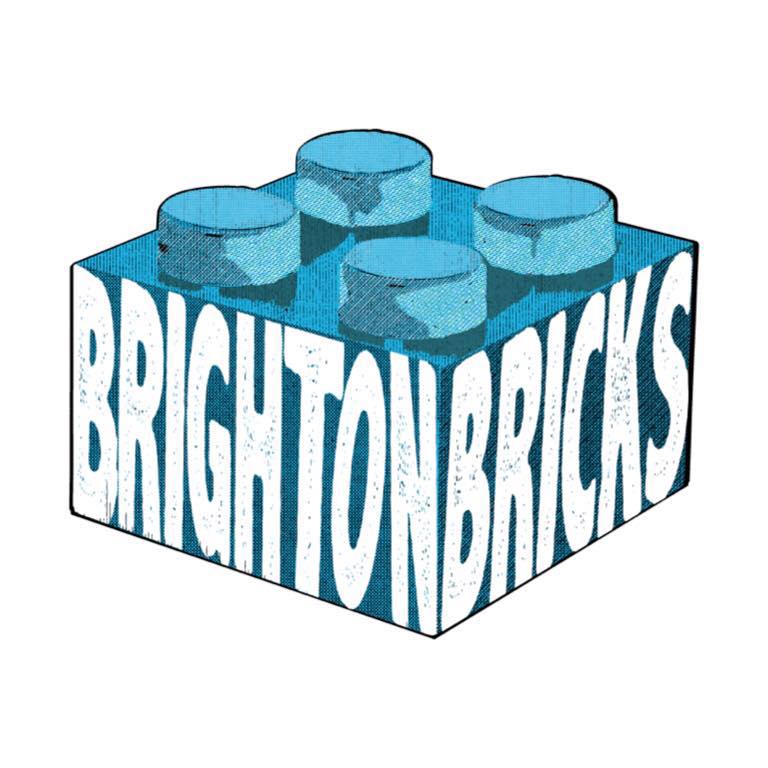Mental Health: Imposter Syndrome
Mental Health: Imposter Syndrome
Every week on Facebook, Instagram & Twitter I have been doing a post on Mental Health. One of the main reasons behind me doing Brighton Bricks is about promoting play as a way of helping maintaining one’s positive mental health wellbeing.
I want to start posting a bit more information about different disorders and ways we can help ourselves.
What is Imposter Syndrome
This week I am writing about Imposter Syndrome, an internal experience of believing that you are not as competent as other people perceive you to be.
It is the experience of feeling like a phony—you feel as though at any moment you are going to be found out as a fraud—like you don't belong where you are, and you only got there through dumb luck. It can affect anyone no matter their social status, work background, skill level, or degree of expertise.
For some people this can fuel feelings of motivation to achieve something, but usually this will come at the cost of constant anxiety.
There can be different types of Imposter syndrome like:
The Perfectionist - never satisfied and always feel that their work could be better. Focusing on flaws and mistakes rather than their strengths
The Superhero - Feelings of being inadequate can compel to push themselves to work as hard as possible
The Expert - Always trying to learn more and never satisfied with their level of understanding. Under ratting their own expertise.
The natural genius - Setting excessively loft goals, and feeling crushed when they don’t succeed with these goals on their first try
The Soloist - Preferring to work along, their self-worth leads them to rejecting offers of assistance. Feeling like asking for help is a sign of weakness.
Coping with Imposter Syndrome
Here are some advice from Very Well Mind on techniques you can use. If you want to read them in more detail, you can do so at www.verywellmind.com
Share your feelings
Focus on others
Assess your abilities
Take baby steps
Question your thoughts
Stop comparing
Use social media moderately
Stop fighting your feelings
Refuse to let it hold you back

